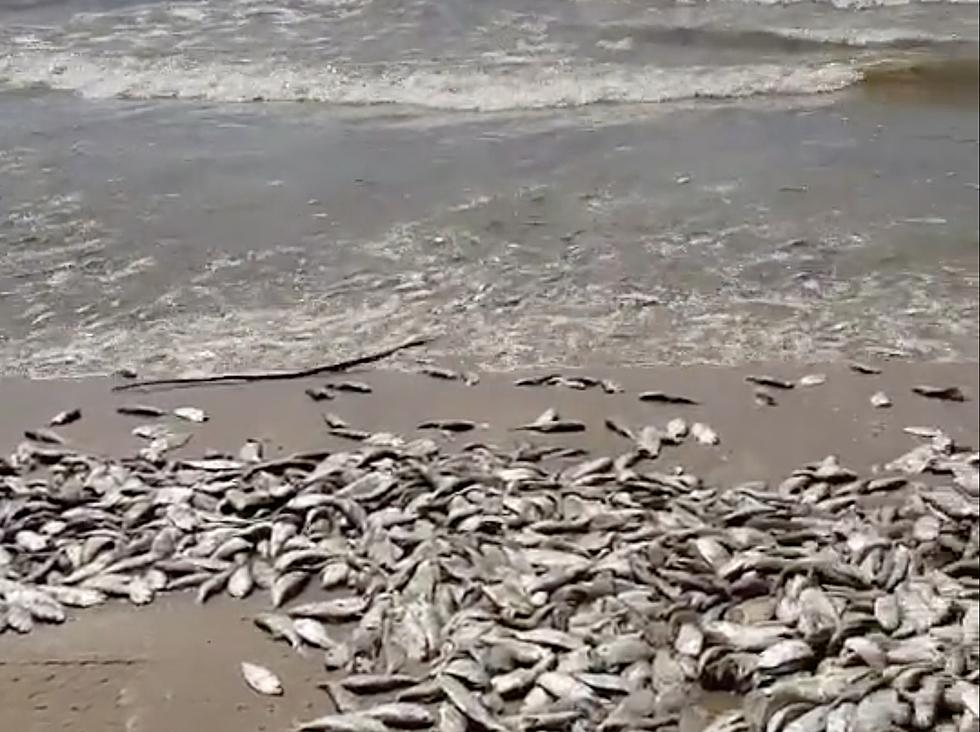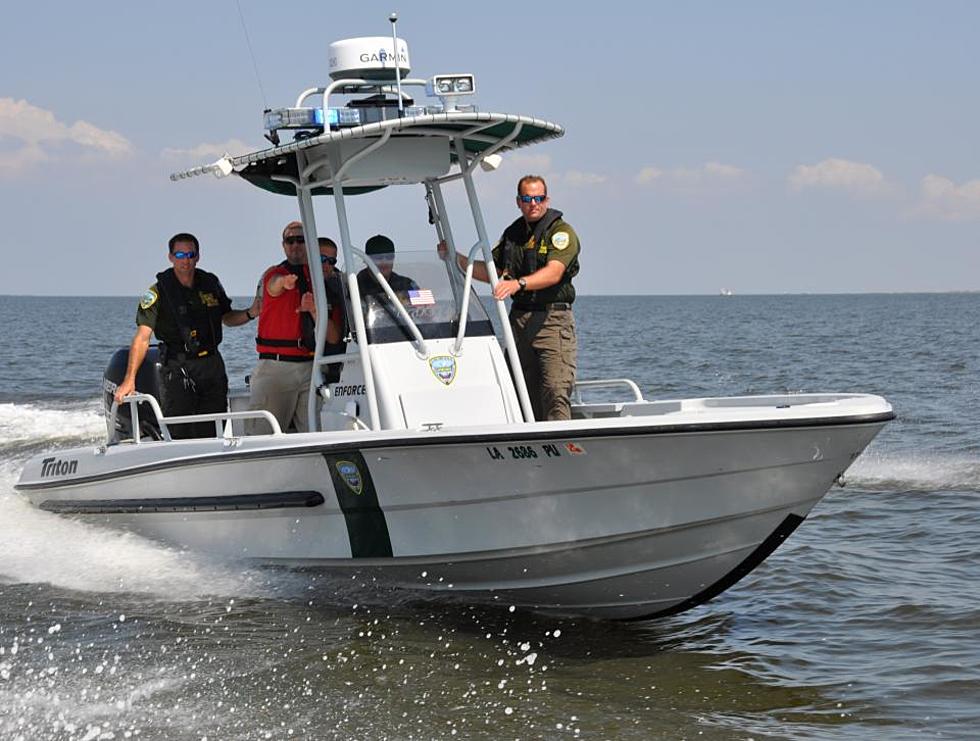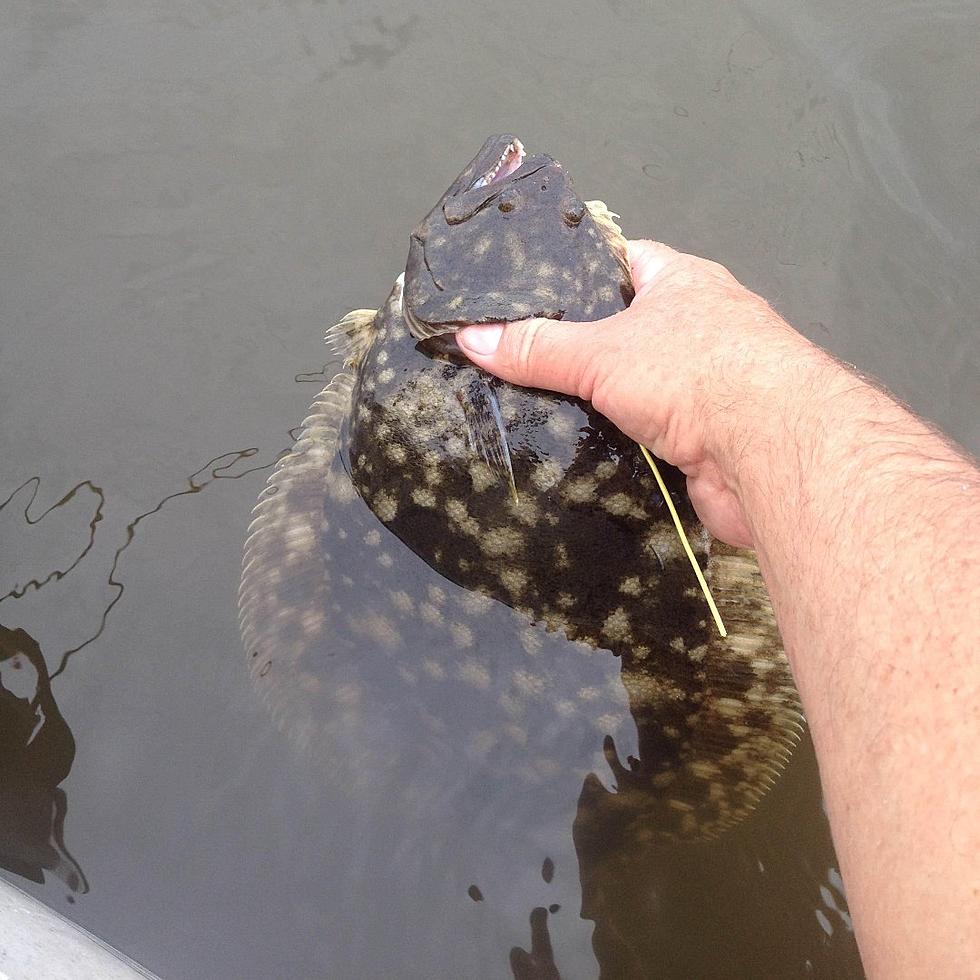
Louisiana and Texas Fisheries Agencies File Joint Lawsuit To Prevent Economic Issues With Red Snapper Fishermen
This week, the Louisiana Department of Wildlife and Fisheries along with the Texas Parks and Wildlife Department filed a lawsuit in United States District Court in Brownsville, Texas challenging an emergency regulation enacted by the federal National Marine Fisheries Service that, if left in place, would allow the NMFS regional administrator to significantly reduce the recreational red snapper season off the coasts of Louisiana and Texas.
Ronald Graham, LWFC chairman, says, “The Louisiana Wildlife and Fisheries Commission, on behalf of recreational fishermen and those whose livelihood depends on reasonable access to red snapper stocks, has taken this action to send the message to NMFS that a nine-day season for Louisiana landings is totally unreasonable and unacceptable”.
T. Dan Friedkin of Houston, Texas Parks and Wildlife Commission chairman says, "While we would prefer a cooperative regional management approach and are still hopeful that we can reach such a resolution, TPWD has a responsibility to take legal action to protect our state’s authority to manage the red snapper fishery within Texas waters. We have heard loudly and clearly from our anglers and other stakeholders that they expect nothing less from us.”
LDWF says that in February, the Gulf of Mexico Fishery Management Council voted to implement an emergency rule that could shorten the recreational red snapper fishing season to 9 days for Louisiana and 12 days for Texas when the season is usually 22 days.
In April, the Gulf council voted 8 to 7 to overturn the emergency rule. The federal court has been asked to expedite its consideration of the case so that a decision is reached before June 1.
Louisiana Attorney General Buddy Caldwell says, "I am hopeful that NMFS will follow the Gulf Council and overturn the emergency rule that arbitrarily reduces the red snapper season in Louisiana's territorial waters to no more than nine days. However, this lawsuit is a necessary step to protect the State's ability to set reasonable fishing regulations for in-state waters for the benefit of Louisiana's residents and anglers."
The two agencies say they see no need for the emergency rule. They say it would have not benefit to conservation efforts, but it would have a significant impact to the economies of both Louisiana and Texas.
More From News Talk 96.5 KPEL









